
Veneer
Why there is so much emphasis on the outside looking good in this generation? It's because the inside is completely empty; people don't like to admit that...

When I first read Rebbe Nachman's lesson Azamra six years' ago, about looking for the good in ourselves and our lives, I 'kinda' got it. Ok, yes, I understand that if I find the good point that we all have, as Jews, then even those people I don't like very much will get tipped into the scale of 'good' and will come back to G-d.
I also 'kinda' understood it for myself. Of course I'm full of good! I do good things all the time! I don't have to work so hard to find those good points!
A lot's happened in the intervening years. One of the things that happened is that I started to understand more and more about just how spiritually broken and destroyed so many of us are today.
You know why there is so much emphasis on the outside looking good in this generation? It's because the inside is completely empty. 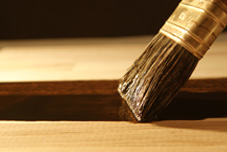 Where all the love, the emuna, the joy, the kindness, the torah should be, there's nothing but corrosive black.
Where all the love, the emuna, the joy, the kindness, the torah should be, there's nothing but corrosive black.
People don't like to admit that. They don't want to look at it. They can't accept it. So to take their (and your) mind off all that inner black, they've created an external world of non-stop colour, action and entertainment. Politura, what we call "veneer" in Hebrew…
But it's all for show.
Underneath, we all know what's really going on: we're empty. We're miserable. We dislike ourselves (our 'real' selves) and everyone else around us. We're so far away from genuine 'good' that it's actually scary.
A few months' ago, that's where I was stuck. Hashem had peeled off the 'mask' of a lot of the people in our lives, and shown us what was really underneath. It was horrible. It was wicked. It was evil. There is simply no other way of describing it.
It was a massive shock, but strangely, a massive relief at the same time. Now the problem had been isolated and identified and 'neutralized', we could finally be free of it.
For a couple of days, I was elated. Then, I received a couple of terrible, poisonous emails that accused me of being a pious fake, and acting in an evil, horrible way.
For a couple of days, I had a massive, massive spiritual wobble. All that corrosive black that I'd seen in them, was it also in me, G-d forbid? Was it in my husband? My kids?
The thought alone was devastating.
I did what I always do in times of crisis, and I ran off to the grave of a holy person. This time, I went straight to Kever Dan, the holy gravesite of Dan, the son of Jacob near Bet Shemesh. It's close to my house and I was too emotional to drive anywhere further away.
It was the middle of the day. I got into the Kever, I sat down – and within five minutes, I was asleep. That doesn't usually happen. I woke up when someone called my mobile, and I was really disorientated. But in all the mental fog, I had one very clear word in my head: Azamra.
Look for the good.
For a few days, I shelved that idea and didn't want to touch it. I didn't want to find any good in the evil people who had been tormenting us for years. I didn't want to pray for them. I didn't want to do them any favours.
But G-d kept giving me messages. In my personal prayer, I increasingly got the idea that if I wanted me, and my husband and my kids to really heal from everything we'd been through, I'd have to find the good.
But how?
I got another piece of the puzzle a couple of days' later. I started playing a new CD of Rav Erez Moshe Doron shiurim – and low and behold, he was talking about Azamra. It was amazing.
Rav Doron explained that there are three layers to every Jew: the external 'show'; the internal corrosive black; and then, underneath it all, the core, which was only and exclusively good.
The trouble is, if you hadn't learned about that third good layer from Rebbe Nachman, you wouldn't know to look for it. You wouldn't know it was there. And then, you'd get stuck forever either in the completely fake external 'show' or the corrosive black. Which is why so many people don't want to go anywhere near what's 'really' going on with them.
A few days' after that, I was reading the English parsha sheet from Chut Shel Chessed and low and behold – the front page article by Rav Arush was talking all about Azamra. The need to find good in ourselves, in our lives, and in others.
Back in my personal prayer, I was still struggling.
Ok, G-d, I know you want me to try and see their good. But right now, I'm still very hurt, shocked and disgusted by them. Right now, I'm still working on quelling my vindictive streak that would like to see them stay bad right until the bitter end. Right now, I couldn't even pretend that I want to be the person to find that good in them.
Then, Rav Arush's words came back to me: We can only find that good point if we pray, and ask G-d to show it to us. You often can't see it with the spiritually naked eye alone.
Hmmm.
Then, I had a big revelation: I was trying to do the spiritual equivalent of a couch potato trying to run their first marathon, without any prior training. Seeing the good in very bad people is extremely difficult – it's tzaddik territory.
I'm not a tzaddik.
The problem wasn't so much that I was struggling to find the good in them. The problem, at least at the moment, is that I'm still struggling to find the good in me. To believe that all my 'good' is rooted in something genuine, and not fake for show. To believe that my husband is good, that my kids are good.
That's the Azamra I need to work on right now.
Even that's not easy. After ingesting all the horrible insults and spiritual poison we've been exposed to the last few months, I'm feeling very lowly at the moment. I'm feeling very vulnerable. I'm feeling very unlovable, and 'wrong', a lot of the time.
But Azamra works for everyone. If Rabbenu said it could work for even the worst evil doers, it can certainly work for me.
And my job for the next few weeks and months, is to ask G-d to help me see the good in myself, and in my own family. If and when I've cracked that, however long it takes, then I'll consider the Azamra spiritual marathon, of finding the good in extremely wicked people.
But I'm not in any rush.
* * *
Check out Rivka Levy's new book The Happy Workshop based on the teachings of Rabbi Shalom Arush.





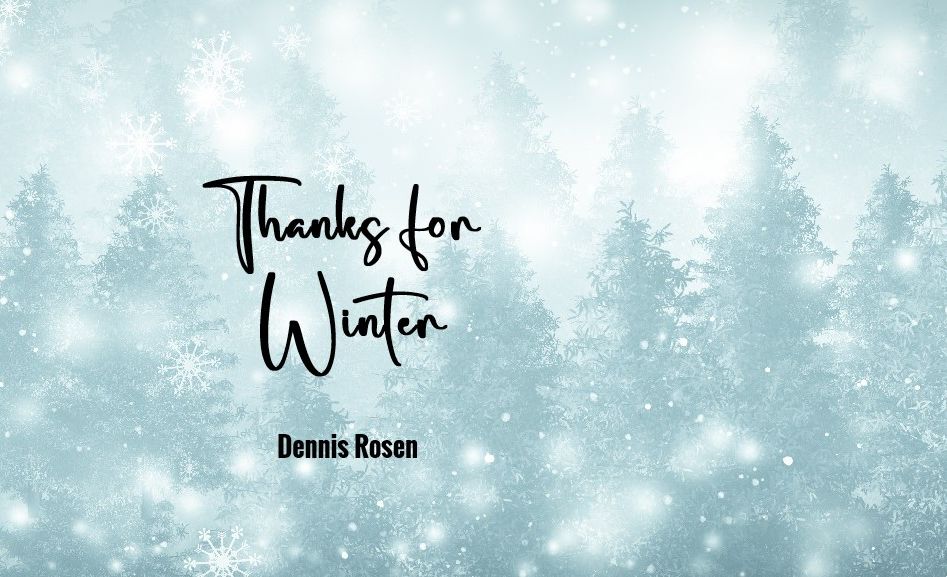
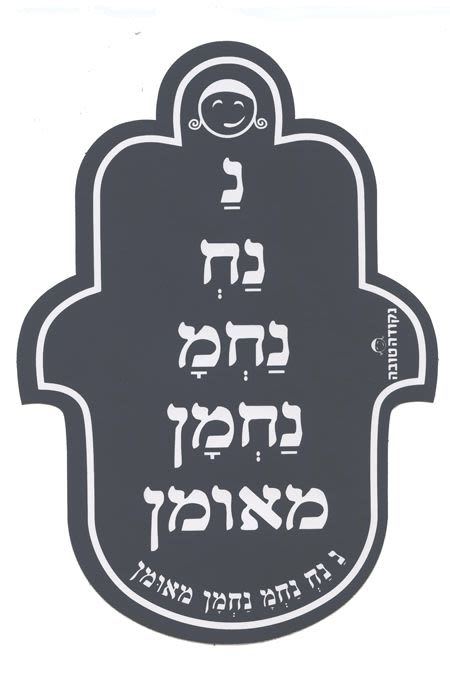
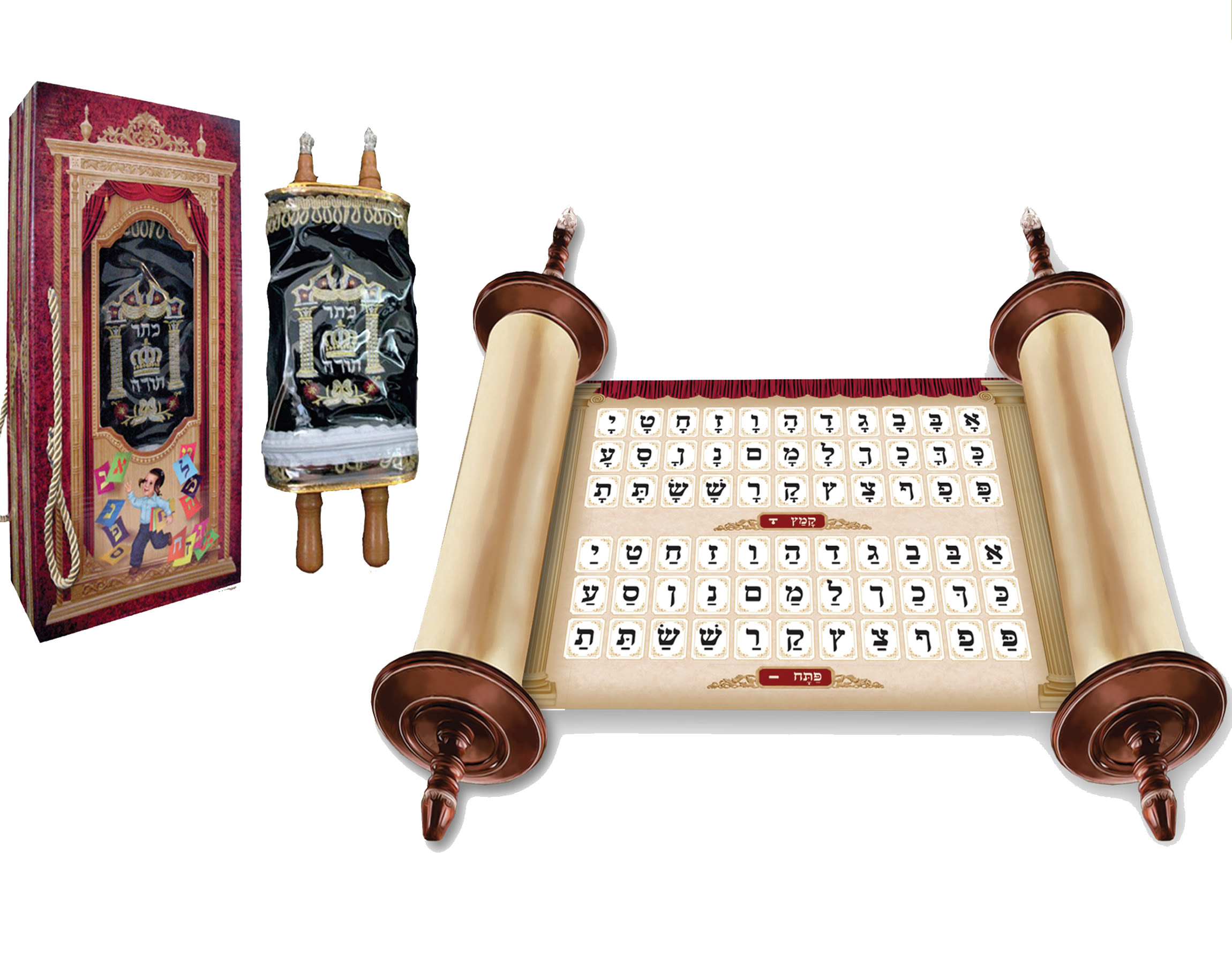

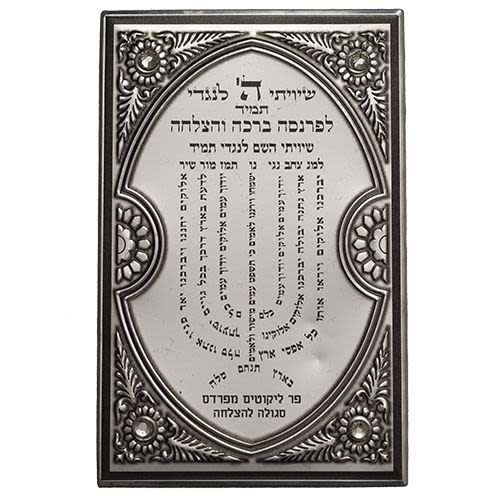

11/07/2012
The truth will set you free! How do you discover a fool, when he judges somebody else. From my personal experience I discovered that only the truth will set you free. Be truthful to yourself about the good and not so good and whatever you discover to be corrected ask HaShem to help you. HaShem knows your soul and when you admit everything to H-m then it does not matter what people say. Do what Rebbi Nachman says don’t despair always thrive for joy. All the best to you, give yourself some credit you doing a good job here.
11/07/2012
How do you discover a fool, when he judges somebody else. From my personal experience I discovered that only the truth will set you free. Be truthful to yourself about the good and not so good and whatever you discover to be corrected ask HaShem to help you. HaShem knows your soul and when you admit everything to H-m then it does not matter what people say. Do what Rebbi Nachman says don’t despair always thrive for joy. All the best to you, give yourself some credit you doing a good job here.
11/05/2012
you are definitely good!!! as far as i am concerned, here in europe, a unknown french woman, i definitely think you are very good , at least since your writing helps me in my own little life! and every week i can't wait to read you! and hope to meet you some day in israel to tell you the truth: you are very good mrs levy!! a french fan